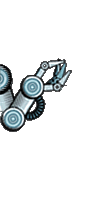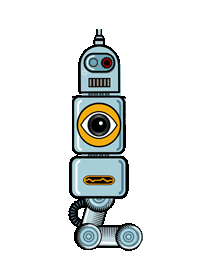Practice spelling with the Look, Say, Cover, Write, Check method and improve accuracy.



How to use:
Look and read the word.
Say the word. Click the speaker icon.
Cover the word.
Write the word.
Check your spelling.
The suffix -ableis comes from Latin and is used to transform a verb or noun into an adjective. -able words usually convey the idea of capability, possibility, or suitability.
When adding -able to a base word, it is essential to understand what spelling changes that may occur. If the base word ends in an e, it is dropped before adding -able, for example believe becomes believable. If the base word ends in a vowel followed by a consonant, the consonant is usually doubled, for example regret becomes regrettable.
As always, there are rulebreakers so you use these spelling activities to learn the words in this list.
This word list was created by Spellzone. View more Spellzone course lists or curriculum word lists.
Learn more in Unit 27. Word endings: -able, -ible
"Spellzone fits in beautifully with our Scope and Sequence of Phonological Awareness and Spelling. It also aligns perfectly with the four areas of spelling knowledge and uses the Brain, Ears, Eyes approach to learning spelling."
Thank you!